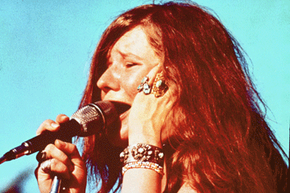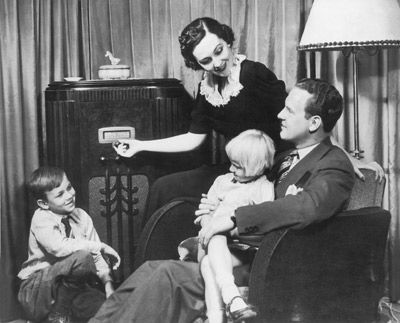The one-hit wonder. The very term conjures up images of red balloons, blinding science and burning beds -- images of Eileen and Mickey spinning right round like a record as they do the safety dance in Key Largo. You get the picture. Nobody is sure exactly which artist was first declared a one-hit wonder. The Web site phrases.org claims a writer from the Winnipeg Free Press first used the term in print in 1977, as a counter to the band Abba's success. But the Web site notes that it appeared to be a known phrase.
For artists who carry the burden of this sobriquet, it's a tag that sticks. You hear band names like Men Without Hats and Timbuk 3, and those three words creep into your brain. Sadly, people like Thomas Dolby, Nina Hagen and Gary Numan are part of this select club. It's probably especially tough for someone like Numan, who had a successful recording career in England, but never placed more than one song, 1980's "Cars," on the Billboard Hot 100 Chart. In fact, Numan continues to record and tour, which is more than can be said of many of his one-hit counterparts.
Advertisement
Although the term is typically associated with the recording industry, the one-hit stigma isn't reserved for just singers. History is rich with famous flame-outs, from painters and authors to inventors and athletes. In fact, many baseball players' major league careers consist of just one single hit, making them literal one-hit wonders. New York Mets player Chris Jelic had only one hit, but it was a home run. Not to be outdone, a St. Louis Cardinal catcher named Keith McDonald had only three career hits, also all home runs.
In baseball, just one hit means you failed in your career. In the music business, you're lucky to get a recording contract, much less chart even one bona fide hit. So being a one-hit wonder can't be as bad as it seems, right? We'll let you decide after you take a look at the following famous one-hit wonders.
Advertisement



